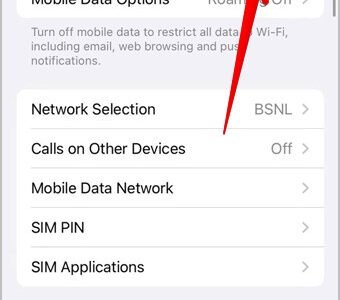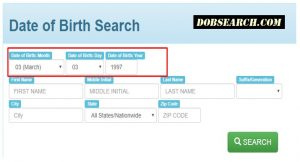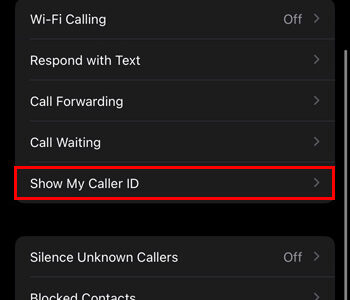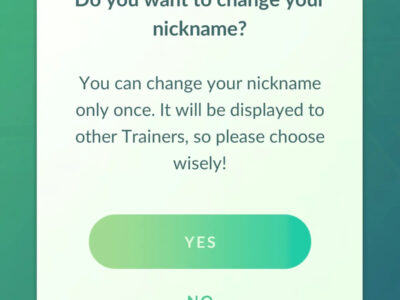In a world interconnected through the weave of the internet, finding information about someone isn’t as daunting as it once was. With just a few keystrokes and clicks, details that would have previously taken days to uncover can now be surfaced in mere moments. Whether for professional networking, reconnecting with old friends, or ensuring personal safety, the digital age grants us the tools to learn about individuals across the globe. To embark on such a digital exploration, however, requires a roadmap. This guide is designed to navigate you through the vast expanse of online resources, ensuring your search is thorough, efficient, and respectful of privacy laws.

Search Engines
When embarking on the journey to find information about someone online, search engines like Google, Bing, or DuckDuckGo are the trailheads. These powerful tools scour the web’s expanse, looking for mentions of the person you’re interested in.
Detailed Steps:
- Open your web browser and visit a search engine.
- Enter the person’s full name in quotes for a specific search, such as “Jane Doe.”
- Use additional keywords like the person’s location, employer, or occupation to narrow down results.
- Browse through the first few pages of results, looking for relevant information.
- Take note of any pertinent links or websites for further investigation.
Summary:
Search engines can quickly provide a wealth of information and serve as a launchpad for a deeper dive. However, common names may return a deluge of irrelevant results, and some information might be outdated.
Social Media Deep Dive
Social media platforms like Facebook, LinkedIn, Twitter, and Instagram have become repositories of personal and professional information. They offer glimpses into careers, interests, and social circles.
Detailed Steps:
- Log into your social media accounts for access to extended features.
- Use the platform’s search function to enter the name of the person.
- Filter results by location, education, or mutual connections if available.
- Explore profiles, public posts, and images for information.
- Respect privacy settings and avoid overstepping ethical boundaries.
Summary:
Social media can offer a rich tapestry of information regarding someone’s personal and professional life. The downside is that profiles may be private, and distinguishing between individuals with similar names can be challenging.
Public Records Databases
Public records databases compile legally accessible information such as court cases, marriage records, and property ownership. Sites like FamilySearch or local government websites are go-to sources.
Detailed Steps:
- Identify appropriate public record databases or government portals.
- Utilize search features on these sites to enter the person’s name and other identifying details.
- Review available documents and records that match your search.
- Cross-reference information for accuracy.
- Understand the context and limitations of public records.
Summary:
Public records can be a treasure trove of verified information but navigating these databases may be overwhelming for some, and accessibility varies by region.
Professional Directories
Online professional directories like LinkedIn or industry-specific databases provide insights into someone’s work history and professional affiliations.
Detailed Steps:
- Access a professional directory or networking site.
- Use the search tool to locate the individual’s professional profile.
- Review listed experience, education, and professional connections.
- Note any common connections or professional endorsements.
Summary:
Professional directories are invaluable for understanding someone’s career path. However, not everyone maintains an updated profile, and some industries may not utilize directories heavily.
Alumni Networks
Schools and universities often have alumni networks that can help trace the educational background of an individual, potentially facilitating connections with former classmates.
Detailed Steps:
- Find the alumni network or directory of the relevant educational institution.
- Search the individual’s name or graduating class.
- Explore profiles for career updates or contact details.
- Respect any privacy settings and request information appropriately.
Summary:
Alumni networks can help you verify educational backgrounds and establish mutual acquaintances. Yet, access is usually restricted to alumni, excluding outsiders.
Obituary and Cemetery Records
Obituary archives and cemetery records might be useful for historical research or tracing family connections, often available online through databases like Legacy.com or Find A Grave.
Detailed Steps:
- Visit an obituary or cemetery record site.
- Enter the full name of the individual or a family surname for a broader search.
- Look for relatives or family history information.
- Cross-reference findings with other sources.
Summary:
These records are particularly good for genealogical research but may feel intrusive and should be approached with sensitivity.
Domain Name Lookup
Individuals who own websites have information tied to domain registrations, accessible through WHOIS databases.
Detailed Steps:
- Use a WHOIS search tool from a site like ICANN or Whois.net.
- Input the domain you know is associated with the person.
- Analyze the registration data for contact information.
Summary:
Ownership details can lead to direct contact info, but privacy services often mask this data.
Intellectual Property Databases
For those in creative or inventive fields, patents, trademarks, and copyright databases like those run by the USPTO can reveal work attributed to an individual.
Detailed Steps:
- Access an intellectual property database.
- Use the search function with the individual’s name.
- Review patents, trademarks, or copyrights registered to their name.
Summary:
This method is less conventional but effective for certain professional profiles. However, it’s of limited use for those outside creative fields.
Blogging Platforms and Forums
Personal blogs or contributions to forums like Reddit can offer insights into someone’s interests and expertise.
Detailed Steps:
- Search for the person’s known usernames or aliases.
- Read through posts or comments for information.
- Understand the context within the forum or platform.
Summary:
Information from these sources may give a more personal perspective but can also lead to an incomplete or one-sided view.
Online Marketplaces
If the person runs an online store or is an active seller on platforms like eBay or Etsy, their profiles could provide business-related information.
Detailed Steps:
- Browse marketplaces for the individual’s seller profile.
- Analyze feedback and listings for insight into their business activities.
- Be mindful of interpreting information within the scope of their commercial conduct.
Summary:
Marketplace profiles could reflect someone’s business acumen and reputation. Nonetheless, such information is limited to their sales activities.
In the age of information, learning about individuals through an online search can be a nuanced and deeply revealing process. While the internet provides a wide array of tools for discovery, it’s important to approach this undertaking with ethical considerations and a respect for privacy in mind.
Conclusion
As we navigate the immense digital landscape in search of information on others, it’s crucial to strike a balance between curiosity and discretion. The guide provided offers a variety of routes to gather insights while emphasizing the importance of ethical boundaries. Keeping abreast of the ever-evolving web of online data repositories will ensure that your informational quests are both effective and principled.
FAQs
-
Is it legal to look up someone’s information online?
It is generally legal to look up publicly available information. However, using the information for illegal purposes or accessing private information without consent can be against the law. -
How can I ensure the information I find is accurate?
Cross-reference information found with multiple reputable sources and, where possible, directly verify details with the person in question. -
What should I do if I find sensitive or private information about someone online?
If the information appears to have been shared without consent, consider informing the individual so they can take steps to address it. Always avoid sharing or using personal data for harmful or unethical purposes.







